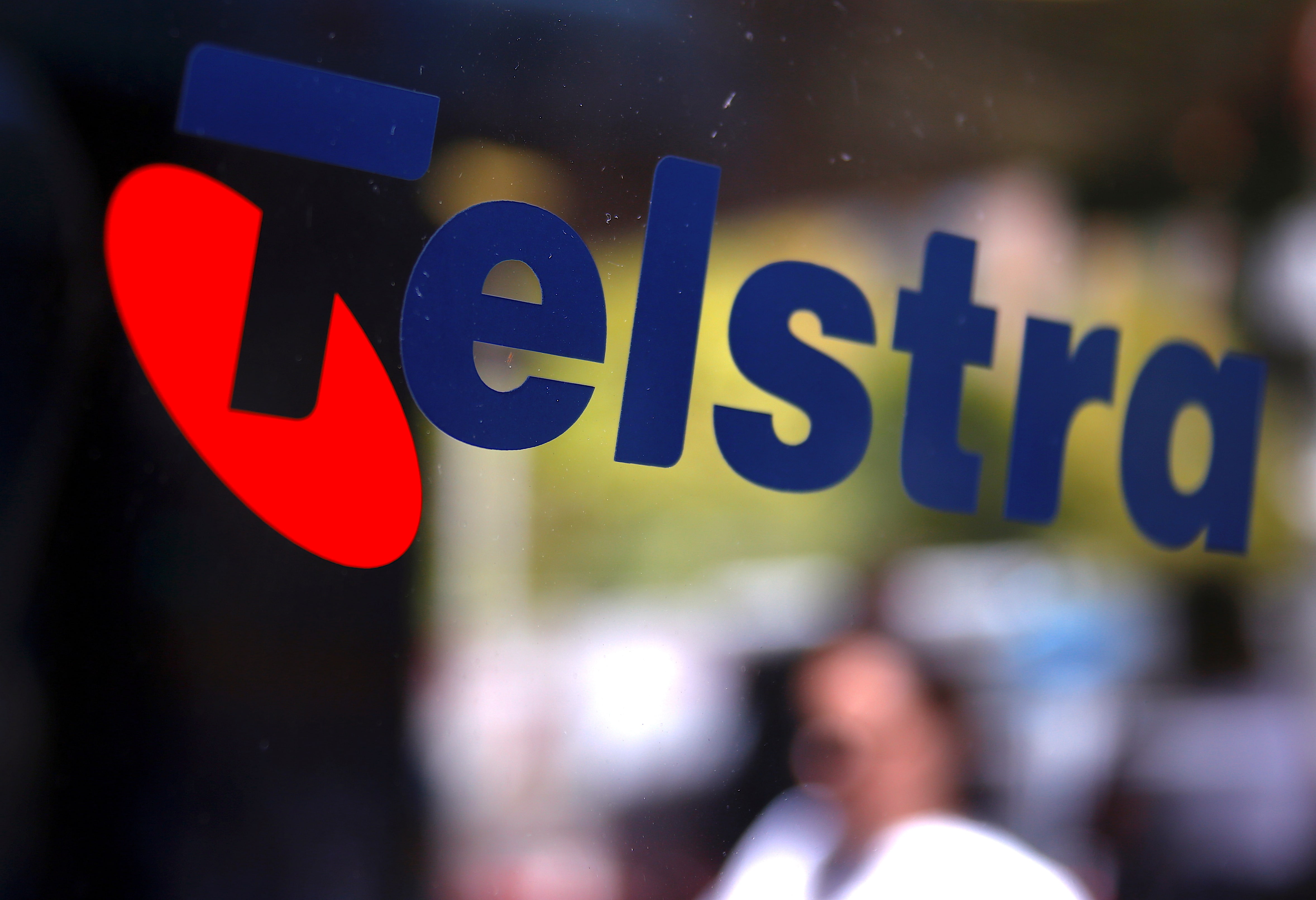Telstra unveils massive job cuts in strategic reset
 A pedestrian walks past a Telstra logo adorning a phone booth in the central business district (CBD) of Sydney in Australia, February 13, 2018. (Photo: Reuters/ File Photo)
A pedestrian walks past a Telstra logo adorning a phone booth in the central business district (CBD) of Sydney in Australia, February 13, 2018. (Photo: Reuters/ File Photo) SYDNEY – Australia’s largest telecom firm Telstra Corp Ltd says it will cut a quarter of its workforce and flagged asset sales, as competition and new technology crush its mainstay fixed-line businesses and force a strategic reset.
The struggling telco said it would shed 8,000 jobs from a workforce of 32,000 to save $1 billion, in what unionists said was the biggest single loss of jobs by an Australian company since the collapse of Ansett airline in 2001.
Telstra also forecast lower earnings next year, and said it would separate fixed-line assets it values at $11 billion from the rest of the firm in preparation for a potential demerger or strategic partnership.
The strategy statement was promised in May as the firm’s response to sliding earnings and a rapidly changing market, but if it was meant to boost investors’ confidence it failed as Telstra’s share price sank to a 7-year low following the announcement.
“The million dollar question is whether FY20, FY21 and FY22 are going to remain weak, and nobody’s clear on that,” said Jason Teh, chief investment officer of Vertium Asset Management.
While Telstra dominates Australia’s mobile telephone and broadband markets, profits from traditional fixed-line networks are shrinking as the country rolls out a new broadband network and customers switch to wireless networks crowded with rivals like SingTel’s Optus, Vodafone Group and TPG Telecom.
“I think we have to do this … as an industry we’re at a tipping point,” Telstra Chief Executive Andy Penn said at a press conference in Sydney.
It was necessary to “disrupt ourselves” in the short-term to ensure long-term growth, he added, referring to a plan to cut fees and charges that would cost about A$500 million over three years in lost revenue.
Earnings would fall to between $8.7 billion and $9.4 billion in 2019, excluding restructuring costs of about $600 million. The averaged forecast of a dozen analysts had been for earnings of $10.4 billion next year, according to Reuters data.
Telstra shares, which have halved under Penn’s tenure since May 2015, dropped as much as 7.4 percent on Wednesday, wiping $2.6 billion from the firm’s market capitalisation, while the broader market rose 0.7 percent.
SHRINKING FEELING
Telstra has already tried a host of measures to address its falling earnings, from cutting jobs and slashing dividends to expanding into new industries – including a failed foray into a US video platform.
None have worked, as revenue continues to ebb from its legacy businesses and repeated network failures tarnish its image.
The latest round of job cuts would include about a quarter of executive and middle-management jobs, Telstra said.
Telstra also flagged plans to sell $2 billion in assets over the next two years, although it did not provide details.
“Their competitive outlook is based on their infrastructure capacity … if they start to sell their family jewels to fill the gap, that’s actually a negative,” said Mathan Somasundaram, Market Portfolio Strategist at stockbroker Blue Ocean Equities.
Reuters


